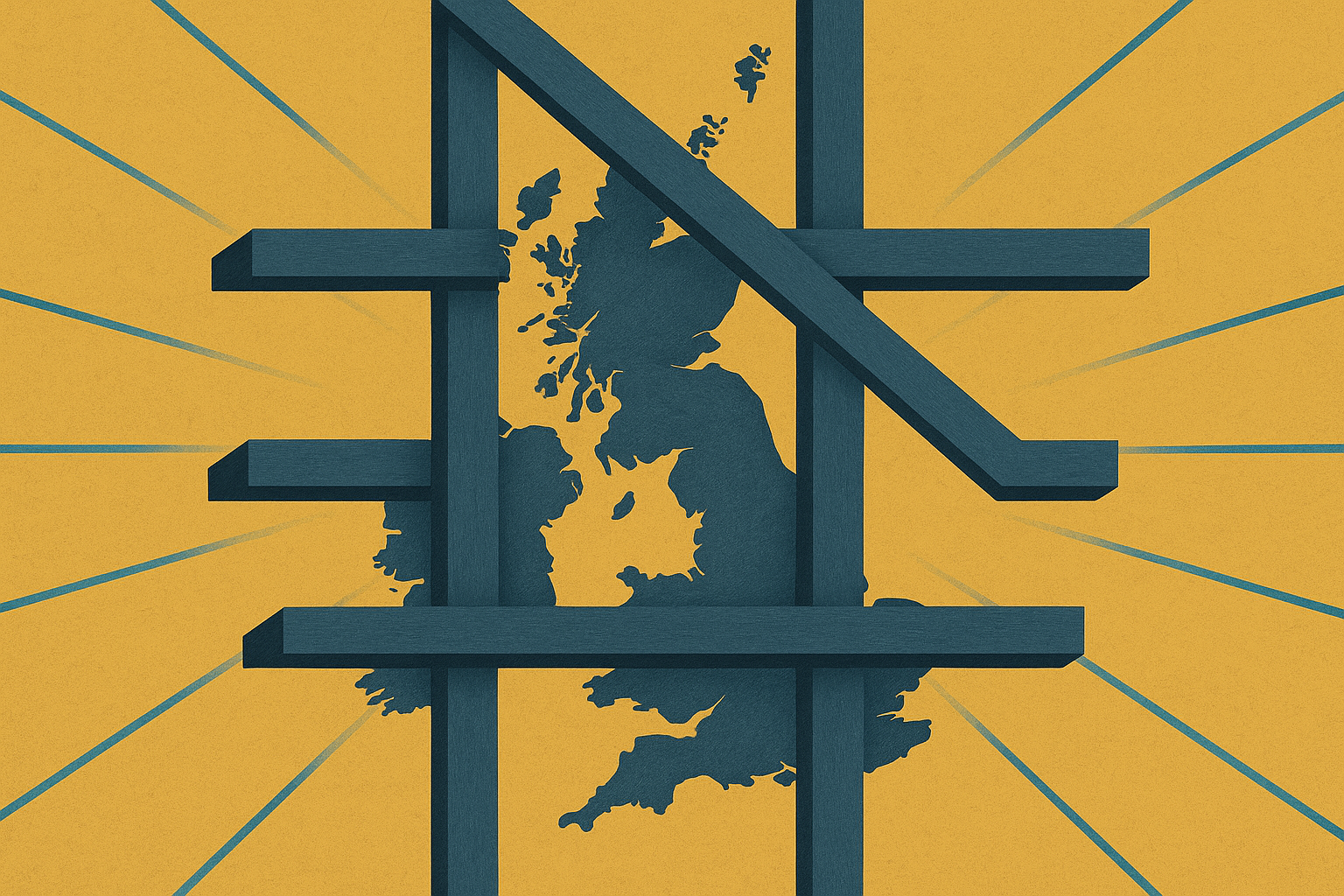The UK government has confirmed the introduction of a new set of strengthened steel safeguard measures, effective from 1 July 2025. This decision follows urgent recommendations from UK Steel, amidst growing concerns about an increase in redirected foreign imports.
Business and Trade Secretary Jonathan Reynolds announced the changes today. These adjustments include a significant reduction in the steel import quota liberalisation rate, from 3% to just 0.1% year-on-year. This move aims to counter the surge in imports diverted away from the US market following President Trump’s imposition of new tariffs on steel products.
Additionally, the government will implement a cap on residual quotas to prevent any single country from dominating market access and displacing UK-manufactured steel. The measures include stricter country-specific import limits, updated rules to prevent the carryover of unused quarterly quotas, and restrictions on countries with dedicated quotas from accessing residual allocations in the final quarter.
These changes align with similar safeguards adopted by the European Union, intended to shield UK producers from unfair competition and unsustainable price pressures caused by heavily subsidised foreign steel.
Welcoming the announcement, UK Steel Director-General Gareth Stace described the decision as “a swift and decisive move in support of British industry.” He emphasised the urgency due to the influx of steel redirected away from the US market into global supply chains. Stace praised Jonathan Reynolds for supporting British industry by implementing these urgent safeguards, which will help mitigate the impact on UK steelmakers from the spike in redirected imports following US steel tariffs. He added that this sends a strong message to investors about the UK’s commitment to fostering a positive and stable business environment.
Stace also stressed that while the tightened safeguards are a crucial step forward, the government must now focus on developing a long-term trade defence mechanism to take effect when the current system expires at the end of next year.
The steel safeguards are part of a broader strategy to ensure the competitiveness of British manufacturing in a rapidly changing global trade environment. With ongoing turbulence in steel supply chains and oversupply from state-subsidised producers, the UK sector has consistently called for robust trade defence tools to secure its future.
The announcement is likely to be welcomed by steel producers and workers across the UK, especially in regions such as South Wales, Yorkshire, and the Midlands, where the industry remains a critical economic pillar. The government reiterated its commitment to supporting strategic sectors and ensuring the UK’s resilience in the face of global market disruptions.
Further policy details are expected in the upcoming Trade Strategy, due later this summer, which will lay the foundation for post-Brexit trade remedies and international competitiveness.




